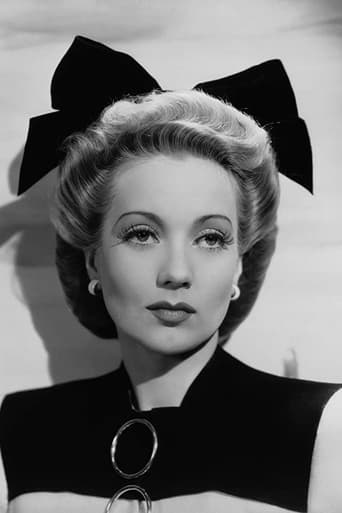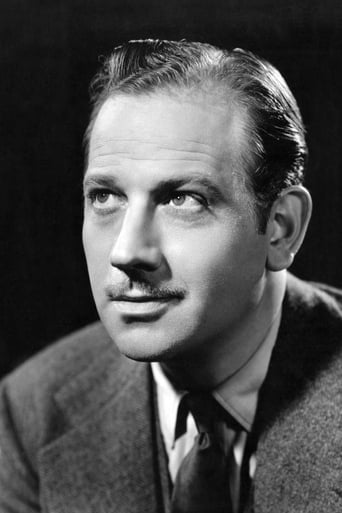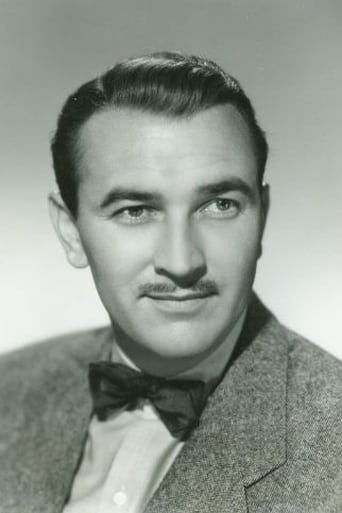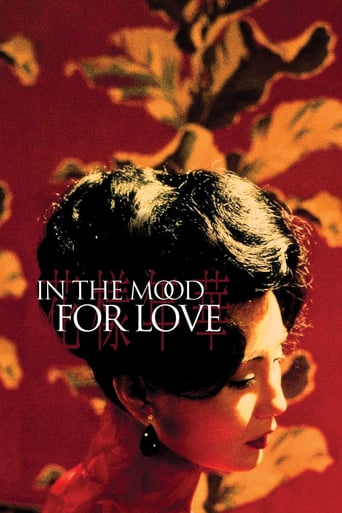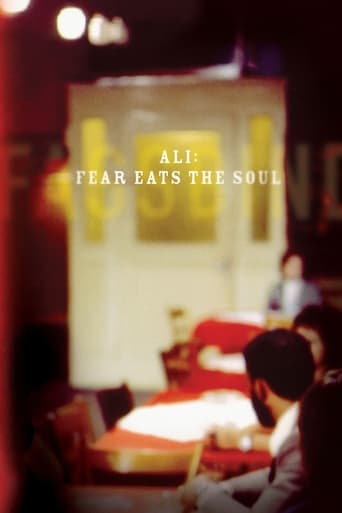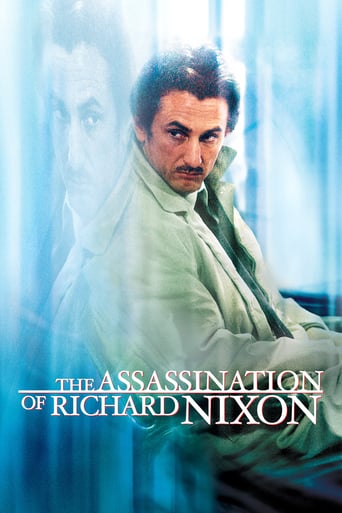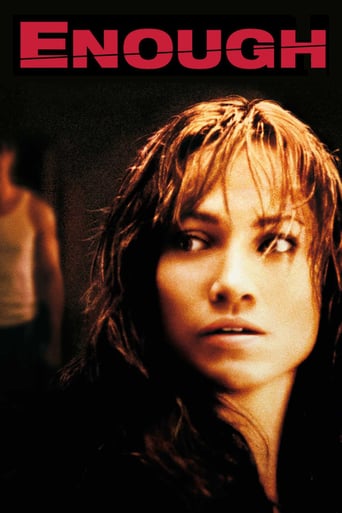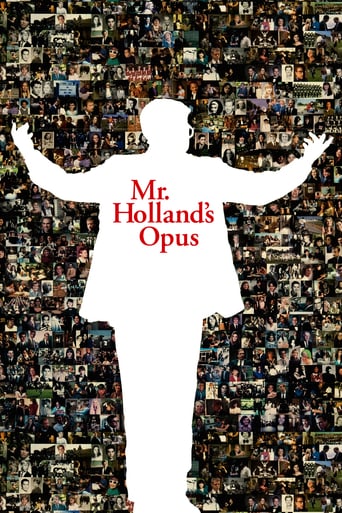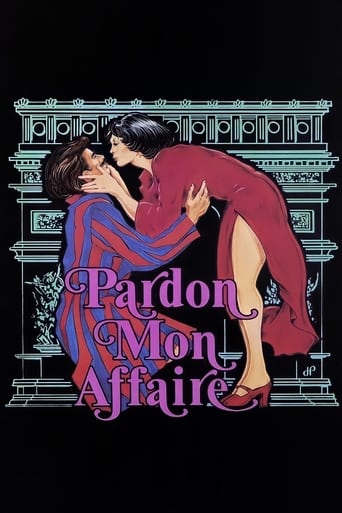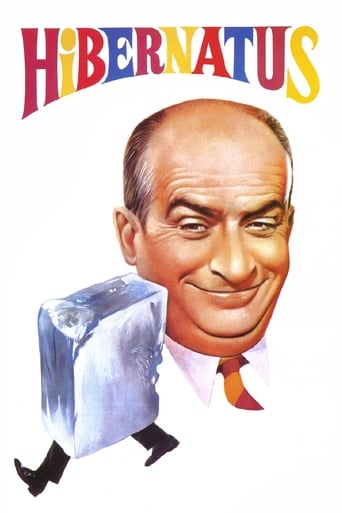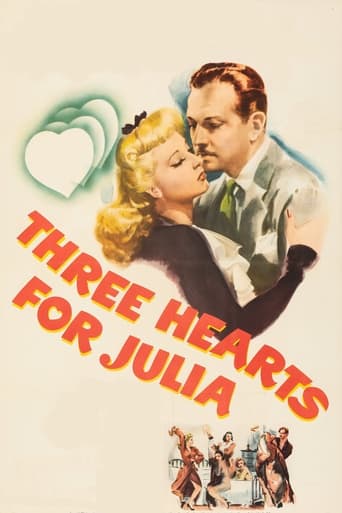
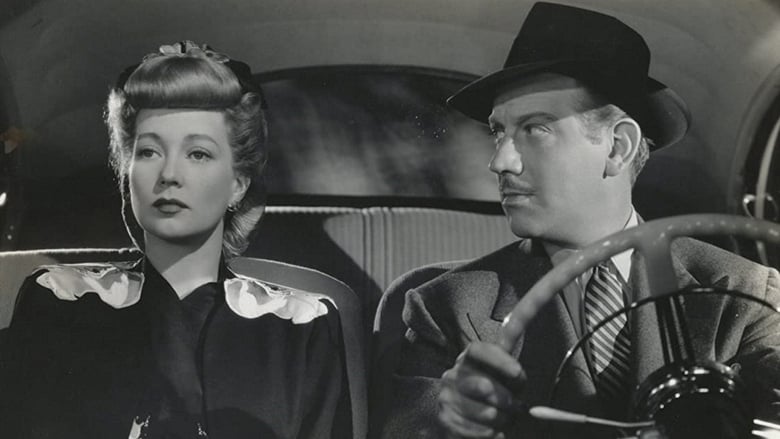
Three Hearts for Julia (1943)
When his wife threatens him with divorce, a reporter courts her again.
Watch Trailer
Cast
Similar titles

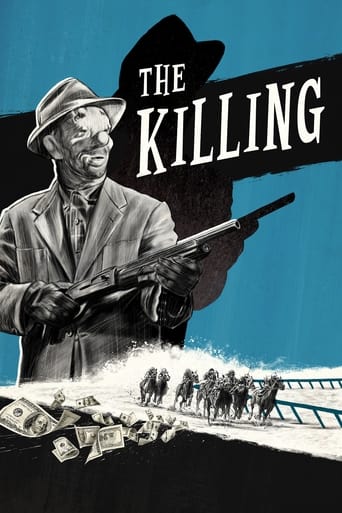
Reviews
Waste of time
hyped garbage
This movie was so-so. It had it's moments, but wasn't the greatest.
There are moments in this movie where the great movie it could've been peek out... They're fleeting, here, but they're worth savoring, and they happen often enough to make it worth your while.
"Three Hearts for Julia" from 1943 was intended, I believe, to be a screwball comedy. It isn't. It isn't really a light comedy, either, as it's kind of heavy-handed for such a fluffy script.It stars people who normally could pull off anything: Melvyn Douglas, Ann Sothern, Felix Bressart, Lee Bowman, and Reginald Owen. But you need a stronger script and a director with a flare for comedy.This is a WW II story about a war correspondent, Jeff (Douglas) who is home at last, only to find his wife (Sothern) wants a divorce. She is a talented musician who is in a woman's orchestra and wants more out of life. He's away too much and preoccupied with his work.She has two suitors who can't wait for her to be divorced. One is David Torrance, the orchestra's producer (Bowman), and Philip Barrows (Ainley), a music critic. Because she values his opinion, she asks Jeff to help her choose. Jeff has chosen - himself! Some mild humor and good music with one faux pas. The orchestra plays Wagner which during WWII in this country was verboten. So verboten that no Wagner was performed at the Metropolitan Opera and his music was removed from operatic aria compilations. Highly doubtful a European conductor (Felix Bressart) who was glad to be alive would have conducted it.On the dull side, with good performances, but ultimately a disappointment.
The roles usually played by Myrna Loy and William Powell are being played here by Ann Sothern and Melvyn Douglas. Loy, it seems, was busy with war work, and Powell distracted with two films co-starring Hedy Lamarr. But no matter; The same formula that Powell and Loy used for their most recent (and much better) two films ("Love Crazy" and "I Love You Again") is recycled here: A couple on the verge of divorce find that they can't live without each other and scheme to reconcile. Douglas is a war corespondent back in the states and determined to win back Sothern who believes he abandoned her. She is a concert violinist, a member of an all-girl's orchestra conducted by German Felix Bressart, who is frustrated over musicians having marital problems or doing their makeup in rehearsal, a violinist who accidentally pulls off another musician's hairpiece with their bow while rehearsing. You'd think he was the supervisor in a munitions factory! But he's a good-hearted sort who goes out of his way to help reconcile Sothern and Douglas, MGM's answer to the previous decade's George Arliss, and a precursor to their own Lauritz Melchoir and Jose Iturbi who would do the same thing in MGM musicals.Lightly screwball, it includes Douglas kidnapping Southern, taking her to a lake house in the middle of nowhere, and arranging for one of his romantic rivals to toss a cream pie into the face of another. Finally giving in to Sothern's all-too-forced desire for divorce, he joins the army, which leads to a patriotic finale where Sothern must face her guilt for putting her marriage before the needs of the country. A few well-timed gags save this from mediocrity, and Sothern and Douglas are still likable in spite of the obvious way this predictable plot is going. Then, there's perennial MGM character actor Reginald Owen in one of his typical droll performances, and Bressart has an amusing sequence where he discovers Douglas playing a new instrument he's never seen before called "the Indiana Fiddle", which is actually a little handy invention called a saw.
This overwritten screwball comedy tries to go in far too many directions at once and, like a centipede asked to demonstrate how it walks, keeps falling over itself.Although MGM's brilliant lighting and lavish budgets could save many a drama, a comedy depends on good writing and performers. Here you have good performers with Ann Southern, Melvyn Douglas and Felix Bressart in, essentially the third lead. But it seems to have escaped anyone that you know as soon as Douglas begins to speak, in the first scene of his having neglected his marriage, that this movie would be about the recourting of his wife. When was the last time a romantic comedy had anything new in the way of plot points? About twenty years before Plautus was born is my guess. What matters is the jokes and the performers, and the jokes here are few and feeble. Instead we are distracted by a plethora of side issues, including a rather poor attempt to create a Aaron Copland style of score.Director Richard Thorpe is often criticized for his stolid handling of stolid stars in stolid subjects for MGM -- here was a man who, in his Poverty Row days could turn out something sprightly, silly and cheap like UNDER MONTANA SKIES and WINGS OF ADVENTURE. But his ability to shoot decent stuff less expensively than some of his more fabled fellow directors got him assignments like IVANHOE with Robert Taylor, and what was he supposed to do with something like that other than get an adequate performance out of Robert Taylor on schedule? He can't manage much here, either.
"Three Hearts For Julia" (1943) is another World War II on the home front romantic comedy. Melvyn Douglas plays Jeff Seabrook, a war correspondent in the process of getting a divorce from his wife Julia (Ann Sothern). Jeff does not want the divorce but his wife, a talented violinist, wants a more high-toned (excuse the pun) husband. She has two acceptable suitors and wants Jeff (who she considers her best friend) to help her to decide between them. David Torrance (Lee Bowman), an orchestra producer and Philip Barrows (Richard Ainley), a music critic.Meanwhile Julia gets fatherly advice from her conductor Anton Ottoway (Felix Bressart) who has become good friends with Jeff. Jeff's world is represented by the song "Working On the Railroad" and is contrasted with the highbrow numbers she performs in the orchestra. The ending is very predictable. "Three Hearts For Julia" is a pleasant enough romance but is short on comedy. Douglas and Bressart have one especially good scene where the newsman demonstrates an American folk music instrument called an Indiana Harpsichord to the famous conductor. There is nothing wrong with the pairing of Douglas and Sothern, they have some chemistry but they are miscast in these roles. To work as a comedy their personalities should have been reversed with Sothern doing her standard "Maisie" shtick and Douglas playing the snob. Julia is just too straight for Sothern to inject any humor into the story and Douglas is only funny when his character becomes exasperated. "Three Hearts for Julia" is interesting from a sociology standpoint. Julia plays the violin in a newly formed all-female orchestra, reflecting the wartime changes that occurred for women on the home front. Rather than celebrate these changes the film uses them for most of its attempts at humor. For example, the entire female orchestra panics when a mouse appears under one of the footlights and the conductor become angry with the women for checking their makeup and having to care for their children. Apparently the target audience was a reactionary element who yearned for the good old days of traditional homemaking. The ending (despite film's all-time sappiest look from Douglas) hints that Julia has gotten too uppity and would be much happier as the traditional wife of a regular guy.Then again, what do I know? I'm only a child.
